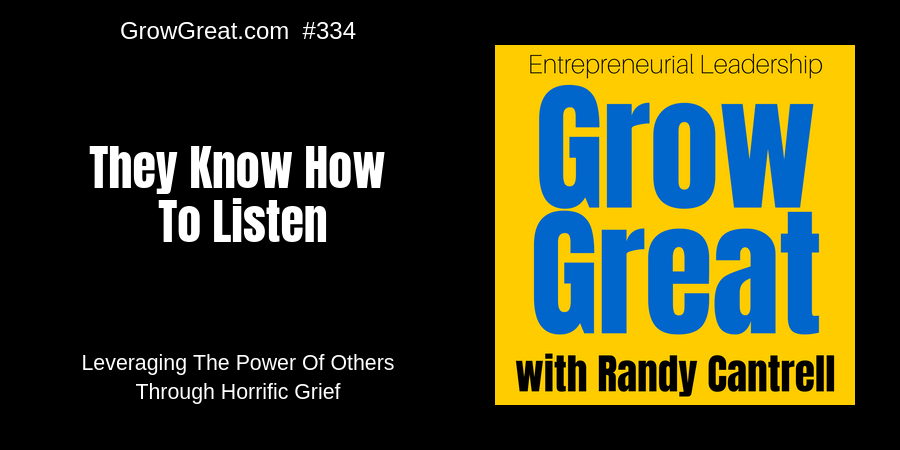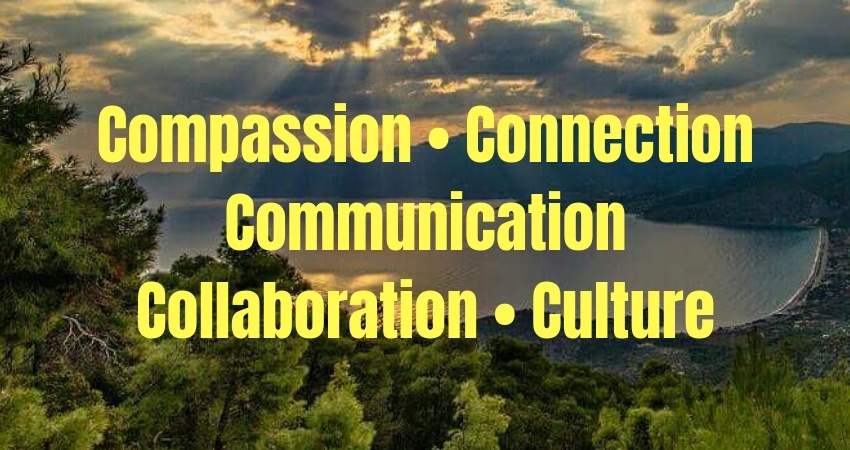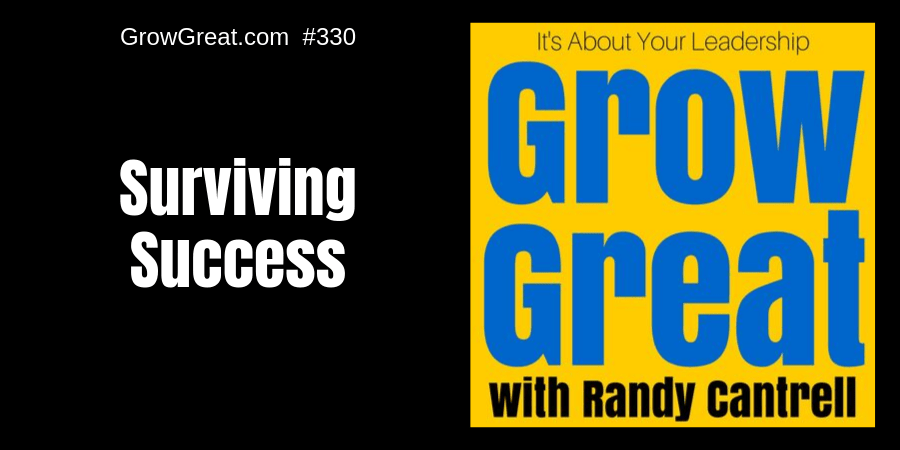They Know How To Listen (334)
Podcast: Play in new window | Download (Duration: 38:44 — 35.8MB)
Subscribe: Apple Podcasts | Spotify | RSS | More
A few years ago I stumbled onto a group – a non-profit based in Cincinnati, Ohio. It wasn’t because I qualified to join their ranks. But it was because I read some heartbreaking story of a father whose daughter was murdered. His pain was obvious and he mentioned how people disappeared on him in his darkest moments. He didn’t judge them. He understood how people simply didn’t know what to do, or what to say.
Well, I went down the rabbit hole of searching more articles about this organization, a non-profit taking on this enormous heart-wrenching challenge. There were a few articles, but it’s not like finding articles about organizations helping cancer victims or heart attack victims. You can find thousands of online pieces about such things. I knew this was a group who likely understand victimization at an even deeper level. A more judgmental level. This was a group serving people with a special kind of stigma – people who continued to suffer blow after blow long after news of the murder of their loved ones.
But over and over again a truth was expressed in each article. A truth about this organization that thankfully I was not qualified to join. They know how to listen.
They know how to listen.
You’ve heard me repeatedly say that judgment is easy, but understanding is hard. Mostly because we struggle to listen for understanding. It’s just much easier to listen for judgment. I suppose it makes us feel better about ourselves. But it’s not helpful. To us. Or others.
There’s a better way. A much better way. And that’s to lean on each other, especially others with whom we share some context. In this case the context is very specific and tragic – survivors who have lost a family member or friend to murder.
They are the National Organization of Parents of Murdered Children, Inc. – a 501 (c) (3) non-profit – whose tagline tells you exactly what they do and who they serve…
For The Family And Friends Of Those Who Have Died By Violence

If anybody understands the power of leveraging the power of others, I thought, surely it’s these people. So a few weeks ago I reached out to Bev Warnock, National Executive Director, and we talked on the phone. I asked her to let me record a conversation so you might benefit from hearing about how they have effectively leveraged the power of others through support group chapters around the country.

Joining us was Sherry Nolan, Volunteer Coordinator in the national office working alongside Bev. Unlike Bev, Sherry is herself a survivor. Her daughter was murdered in 2001. You’ll hear her story in our conversation.
What you won’t hear is that her daughter disappeared on Friday, September 7th, 2001. Four days later on Monday, September 10th authorities found her body. She was pregnant. Violently beaten to death while sleeping by her own husband of almost 2 years. The next day was historic. September 11, 2001. Sherry and her family’s tragedy was overshadowed by an international event. That’s worth mentioning because of how it negatively impacted Sherry and her family and their ability to have all those who wanted to mourn the passing of her daughter (and her unborn child). Many were unable to attend simply because of the timing. Murder and violence don’t much care about convenience or timing though.
Who you surround with matters!
Few stories are as compelling and as demonstrative of leveraging the power of others like the National Organization of Parents of Murdered Children. I had hoped to record Bev and Sherry using a video conferencing call so we could record both audio and video, but sadly their office – like many non-profits – is operating on a shoestring budget. They don’t even have a computer with a webcam. A state grant from Ohio and private donations are their means of support. I’d like to ask you to help them out if you’re so inclined. A few new computers would go a long, long way to helping these fine folks perform more efficiently and effectively. Think about donating to them today. But first, listen to their story and learn.
Be well. Do good. Grow great!
Randy
P.S. I’m taking the rest of the week off from the podcast because I’m traveling. Lord willing, I’ll be back next week.
They Know How To Listen (334) Read More »






